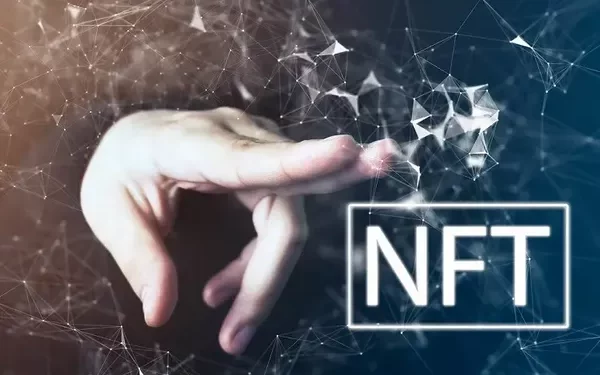The launch of the “Creator League” by esports tech firm eFuse, featuring high-profile influencers like Bella Poarch, iShowSpeed, and Clix, garnered significant attention when promoted by YouTube sensation MrBeast. However, the project has now been put on hold due to controversies surrounding the league’s use of blockchain technology.
Reports from Esports Insider and Sports Business Journal revealed that eFuse has also undergone a workforce reduction of around 30%, affecting approximately 30 employees. Although eFuse did not provide specific numbers to Decrypt, it acknowledged a “restructuring” process in a statement.
eFuse CEO Matthew Benson commented, “The Creator League was an experiment in creator-led, fan-controlled esports. We remain excited about the Creator League and will take some time to reflect on community feedback and refine its structure. As with all ambitious projects, the path toward innovation is winding. We’re prepared to keep learning and pushing gaming forward.”
The Creator League introduced “Community Passes,” priced at $20 each, linked to the gamers and influencers leading teams in the esports league. These passes granted exclusive access to a Discord server, the ability to vote in league-related polls, and participation in designated competitions.
Shortly after the launch, certain influencers associated with the league expressed concerns about the use of blockchain technology. eFuse explained that it employed the Near blockchain for “validating data and logging information related to the community passes.” However, the company asserted that these passes were not NFTs.
eFuse VP of Engineering Shawn Pavel clarified, “Not tokens. Not transferable. Not fungible. No cryptocurrency involved.”
Nevertheless, based on the company’s description, the passes resembled soulbound tokens—a type of token bound to the original wallet and not tradable. Even without speculative aspects, this would still be considered a form of NFT.
“We used the blockchain to power transparency and create a public ledger so the community knew we weren’t overselling passes,” added an eFuse representative.
This isn’t the first time eFuse, which also owns the news site Esports.gg, has faced controversy. In the past, eFuse Chief Strategy Officer Patrick Klein resigned due to allegations of sexual harassment stemming from his previous role at Ohio State University. An investigation at the university found Klein guilty of violating sexual harassment policies in relation to text messages and social media exchanges with multiple student-athletes in 2020.
















